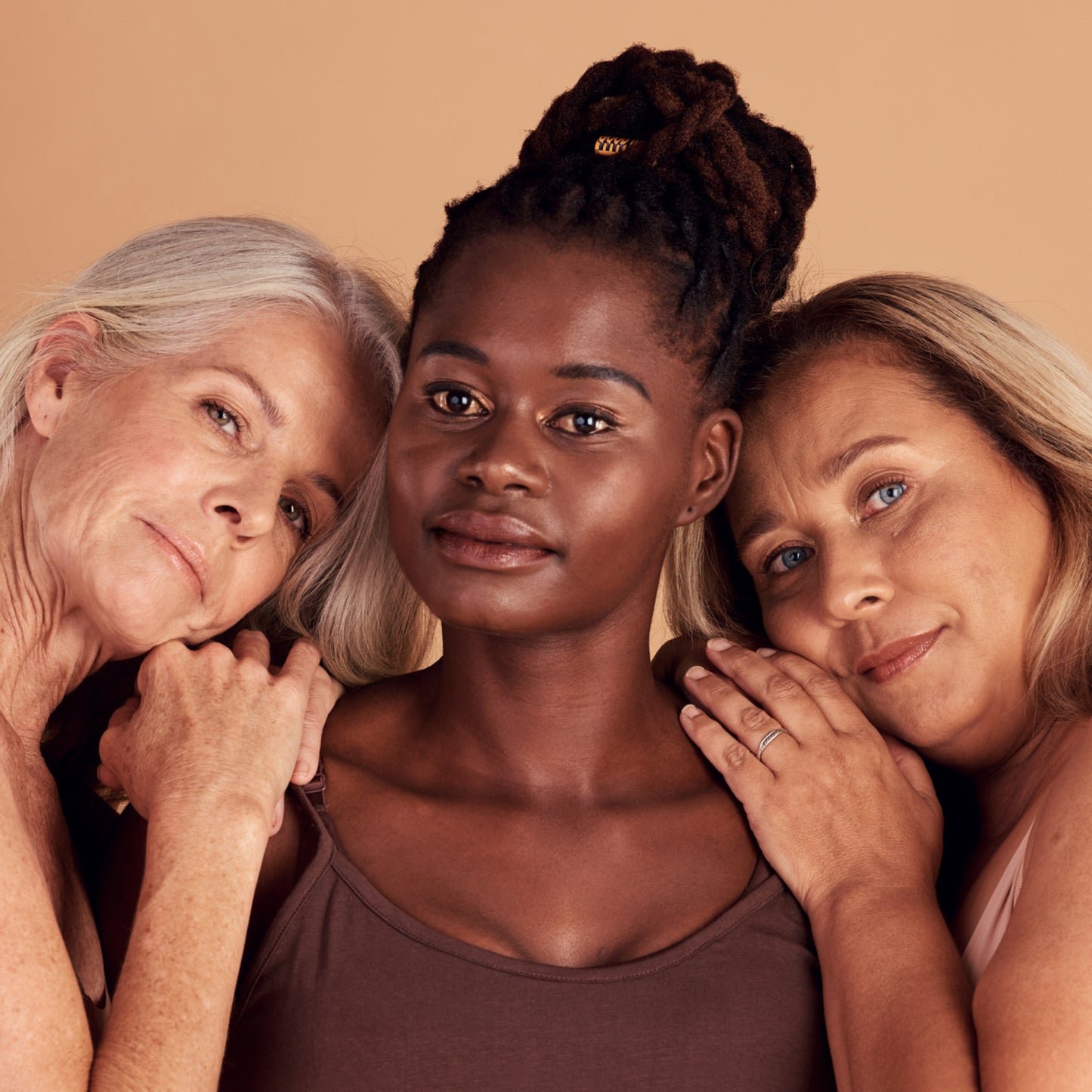
Part of this is due to what we can probably call - ‘The Davina Effect’ with Davina McCall’s ground-breaking documentary series that came out on Channel 4 (Davina McCall: Sex, Myths and the Menopause). It is also due to more women refusing to stay quiet about the ways in which menopause is impacting their lives.
Even within the NHS itself the menopause has a direct impact with women between the ages of 45-54 years making up a fifth of all NHS employees and six out of ten saying that menopausal symptoms have a negative impact on their work.
Another common but less talked about symptom of menopause is incontinence and experiencing leaks. Angie Rantell, Lead Urogynaecology Nurse at Kings College Hospital said in an NHS blog:
‘There are still many symptoms associated with the menopause that women remain tight lipped about, mainly the development of urinary symptoms such as incontinence and recurrent urinary tract infections. Up to 70% of women relate the onset of their urinary incontinence to their final menstrual period. After this time women may also report an increase in urinary urgency, which can lead to urgency incontinence, and cystitis-like-symptoms including dysuria (burning or discomfort when passing urine). These symptoms can all be related to a depletion of oestrogen in the urinary tract and vagina and can worsen in severity the further post menopause that women become.’
One of the key reasons menopausal and postmenopausal women experience bladder weakness and leaks is that the tissues of the vagina and urethra lose elasticity and the impact of this is that there can be a sudden and strong urge to pee, followed by an involuntary loss of urine (this is called urge incontinence). There can also be a higher incidence of losing urine when you laugh, sneeze or jump (stress incontinence). This can mean that exercise becomes more of a barrier even though there are a raft of health benefits, both mental and physical with staying active.
So what can menopausal women do to help improve their bladder health?
Well first up it’s important to get checked by your GP to see if there are underlying issues that are not menopause related. The second is to consider booking an appointment with a pelvic floor health physio. There are also more holistic approaches that can work to improve bladder health which can be found on our platform (internal link to holistic bladder tips here)
It’s also important to practice your pelvic floor exercises regularly and make sure you’re doing them right (and ideally doing them regularly in order to see an impact). There are some fun tips to be found on pelvic floor exercises and more tips on menopause too at https://rockmymenopause.com/pelvic-floor-face/
Finally it’s vital that we talk about bladder health and leaks and remove the stigma attached to them. They are incredibly common and nothing to feel ashamed about- the key thing to remember is that there is lots you can do to improve your bladder health so it doesn’t become a barrier to living life to the full.
